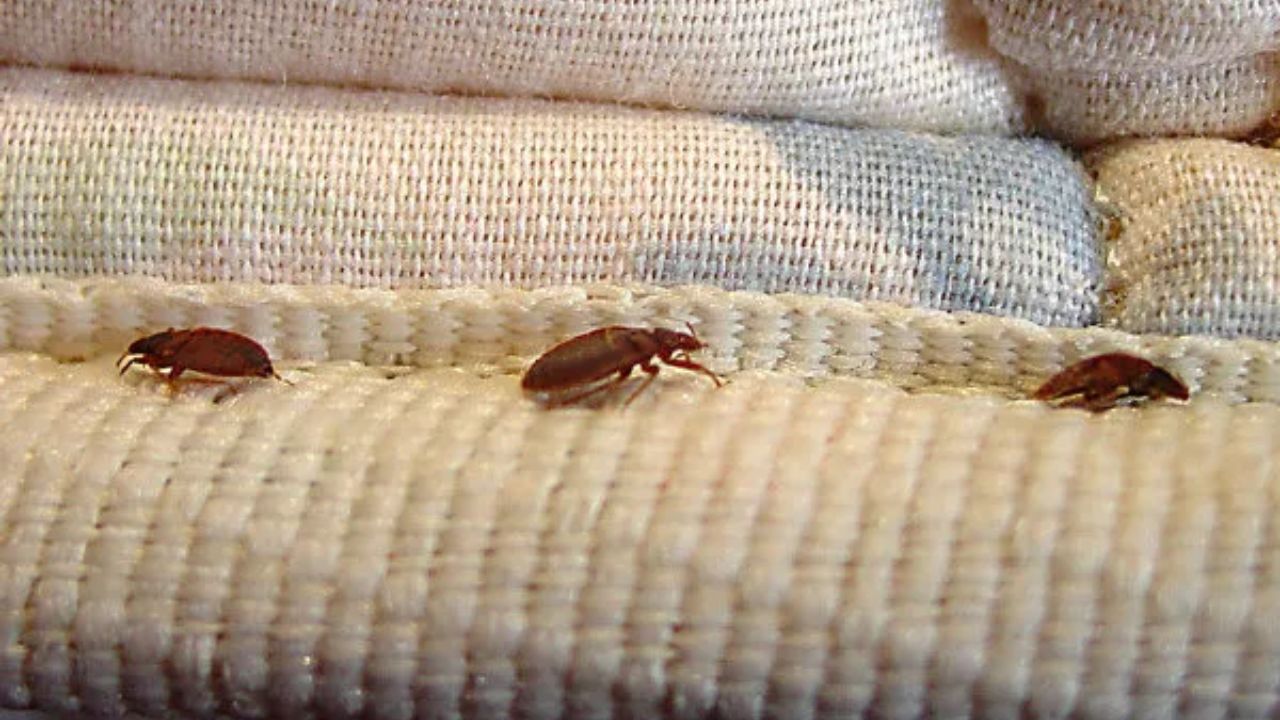Bed bugs are small insects that feed on human blood and can cause itchy red welts, allergic reactions, and infections. They are not known to transmit diseases, but they can negatively affect a person’s quality of life and well-being. Bed bugs are also very hard to get rid of, as they can hide in cracks and crevices, and hitchhike on clothing, luggage, bedding, and furniture.
Bed Bug Infestations in Ohio
According to some of the top pest control companies in the country, Ohio has a serious bed bug problem. Five Ohio cities made the list of the most bed bug infested cities in the United States: Columbus, Cincinnati, Cleveland, Dayton, and Toledo. These cities have reported a high number of bed bug complaints to local health departments, and have seen an increase in bed bug infestations in recent years.
There are several factors that may contribute to the spread of bed bugs in Ohio, such as:
- International travel and commerce, which can introduce bed bugs from other countries and regions.
- High population density and mobility, which can facilitate the movement of bed bugs between different locations and buildings.
- Lack of awareness and education, which can prevent people from recognizing and preventing bed bug infestations.
- Insufficient or improper treatment, which can allow bed bugs to survive and reproduce.
Bed Bug Prevention and Control
The best way to avoid bed bugs is to prevent them from entering your home in the first place. Some of the prevention tips include:
- Checking your shoes and clothing before entering your home, especially if you have been to a place where many people congregate or pass through, such as a hotel, dormitory, or public transportation.
- Inspecting your luggage and belongings for signs of bed bugs, such as live bugs, eggs, fecal spots, or blood stains, before bringing them into your home.
- Using a protective cover for your mattress and box spring, and sealing any cracks or holes in your bed frame and furniture.
- Washing and drying your bedding, clothing, and other items that may have come in contact with bed bugs on high heat, and disposing of any items that cannot be cleaned.
- Avoiding buying or using second-hand furniture, bedding, or clothing, or inspecting them carefully before use.
If you suspect that you have a bed bug infestation in your home, you should act quickly and contact a licensed pest control professional. Do not try to treat the infestation yourself, as you may spread the bed bugs to other areas or make the problem worse. A professional can identify the extent of the infestation, apply the appropriate treatment, and monitor the results.
Bed Bug Laws in Ohio
In Ohio, there is no specific law that addresses bed bugs, but there is a general law that states that all landlords are responsible for keeping their rental properties in habitable conditions. This means that if a rental property is infested with bed bugs, the landlord has breached this law and may be liable for the damages and costs incurred by the tenant.
However, the tenant also has some obligations, such as:
- Notifying the landlord of the bed bug problem as soon as possible, preferably in writing.
- Cooperating with the landlord and the pest control professional in the inspection and treatment process.
- Following the instructions and recommendations given by the pest control professional, such as preparing the unit for treatment, removing clutter, and disposing of infested items.
- Not withholding rent or deducting the cost of treatment from the rent, unless authorized by the court.
- If the landlord fails to respond or take action to eliminate the bed bug infestation, the tenant may have some legal options, such as:
- Requesting a court order to compel the landlord to perform the necessary repairs or treatment.
- Terminating the lease and moving out of the infested property, after giving proper notice to the landlord.
Suing the landlord for breach of contract, negligence, or violation of the implied warranty of habitability, and seeking compensation for the damages and costs suffered by the tenant.
Conclusion
Bed bugs are a serious and growing problem in Ohio, affecting many cities and residents. They are not only a nuisance, but also a health and safety hazard. Therefore, it is important to be aware of the signs and risks of bed bug infestations, and to take preventive and corrective measures to avoid and eliminate them.
It is also advisable to know your rights and responsibilities as a tenant or landlord, and to seek legal advice if necessary. By working together, we can stop the spread of bed bugs and make Ohio a safer and more comfortable place to live.

